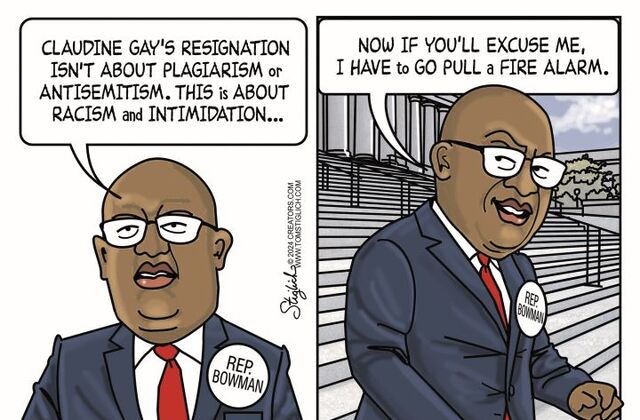[ad_1]
HSINCHU, Taiwan (AP) — With less than two weeks to go before Taiwan’s presidential and parliamentary elections, candidate Ko Wen-je of the island’s alternative party is promoting a policy of patience toward China, which has seized the island by force. Is increasing its threat to do so.
In the middle of a day of campaigning in Hsinchu city, home to many of Taiwan’s most prosperous technology companies, Ko took a half-hour lunch break to speak with The Associated Press in Mandarin Chinese and English, often paraphrasing his answers. be extended. His well-known pedantic manner.
Ko, a surgeon and former mayor of the capital, Taipei, compared the relationship between the two sides to a tumor that should be discarded during negotiations on a future relationship between the two sides. “Thirty years ago, when I was a surgeon, if we found a tumor, we tried to remove it. But right now, we’re just trying to live with it,” he said. China remains an issue that must be managed without creating a major conflict between the two sides, he said.
While Taiwan’s elections are largely determined by issues of social equality, employment, education and welfare, relations with China are always a major issue in presidential elections.
Taiwan broke away from China in 1949 amid civil war and the two remain politically at odds, while their cultural ties remain strong and their economic ties are drivers for global markets in high-technology. China sends naval ships and warplanes near this island daily.
political cartoon

Ko is chairman of the Taiwan People’s Party and has in the past cooperated with both the ruling Democratic Progressive Party, which strongly supports Taiwan’s de facto independence status, and the main opposition nationalists, known as the Kuomintang or KMT Who have authority over Taiwan. and the mainland are part of a single Chinese nation, while emphasizing maintaining the self-ruled island’s democracy in the face of Chinese pressure
The TPP is filling a niche in the middle, having drawn strong support from younger voters who are less inclined to follow their parents’ political allegiances and among those with long-standing ties to the island and those with cultural ties. Those whose families had moved there during the Civil War are less sensitive to Partition. war.
Although Ko does not excite crowds like traditional Taiwanese politicians, his campaigning and non-conformist manner have made him an important player among those seeking a political alternative.
Ko described relations across the Taiwan Strait as requiring risk management as well as deterrence and the will to communicate. “China doesn’t really want to attack Taiwan, its own domestic problems are too serious,” Ko said. “But it hopes to take over Taiwan through economic means.”
He pointed to significant problems within China, which has seen a sharp slowdown in its economy and rising unemployment rates among young people, as well as a crisis in the vital housing sector that has left construction sites empty, even Many families may have spent their life savings on unbuilt apartments. ,
“China has no intention of going to war with Taiwan, but the risk is still there. Because China is a dictatorship, and … most wars are unpredictable, Taiwan still needs to be careful,” Ko said. ”Deterrence and communication are very important. We will have to increase the cost of war (for China). However, we want to talk to (China).”
Presidential elections are imminent, but the relatively new TPP lacks the financing and deeply established community bases of the DPP and KMT. Recent polls show Ko tied with the DPP candidate, current Vice President William Lai, in third place.
Copyright 2024 The associated Press, All rights reserved. This material may not be published, broadcast, rewritten, or redistributed.
[ad_2]
Source link
